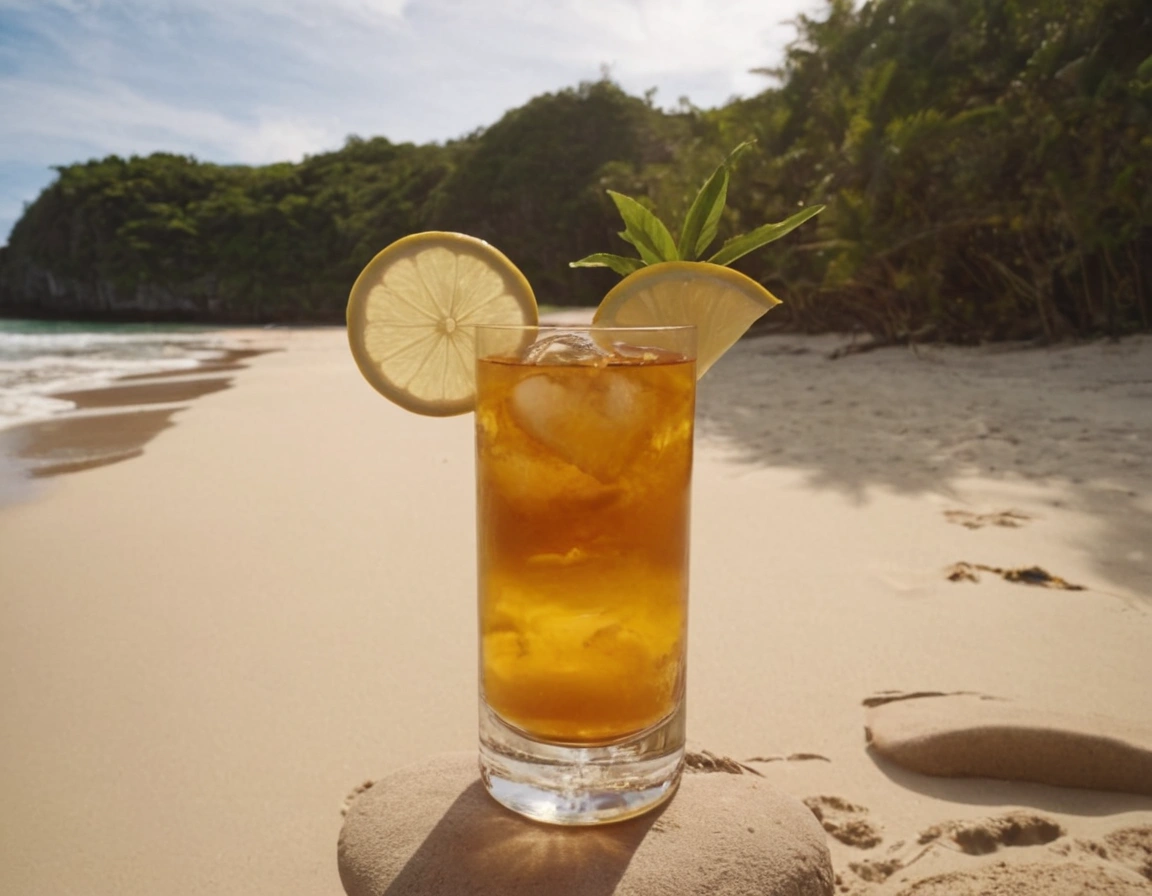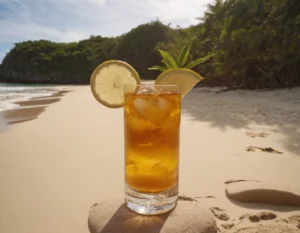Introduction
Mixing different types of alcohol might seem like a fun way to experiment with flavors, but it can lead to unwanted consequences. The complexity of alcohol interactions can affect your body in unpredictable ways. Understanding which alcohols should not be mixed is crucial for a safe drinking experience and avoiding adverse effects.
In this article, we’ll explore why mixing certain alcohols is risky, identify specific dangerous combinations, and provide practical tips for responsible drinking.
Why Mixing Alcohols Can Be Dangerous
The Science Behind Alcohol Mixing
Combining various types of alcohol can create a mix of compounds that impact your body differently. This can lead to:
- Increased Intoxication: Different alcohols can amplify each other’s effects, leading to faster intoxication.
- Gastrointestinal Distress: Mixing can irritate your stomach, causing nausea and vomiting.
- Dehydration: Alcohol is a diuretic, and combining types can worsen dehydration.
External Link Opportunity: Learn more about the effects of alcohol on your body at Healthline.
Impact on Your Body
Mixing different alcohols can overburden your liver and kidneys, which are essential for processing alcohol. This can result in:
- Impaired Liver Function: Excessive mixing puts a strain on your liver, increasing the risk of liver damage.
- Disrupted Metabolism: Different alcohols can alter how your body processes them, leading to unpredictable effects.
Internal Link Opportunity: For a deeper look into how alcohol affects the body, check out our Health and Wellness section.
Alcohol Combinations to Avoid
Beer and Liquor
Mixing beer with liquor, such as in a “boilermaker” or “depth charge,” can be particularly problematic:
- Increased Intoxication: Beer and liquor together can lead to rapid intoxication due to different absorption rates.
- Gastrointestinal Issues: The carbonation in beer speeds up alcohol absorption, which can irritate your stomach.
Recipe to Avoid: Boilermaker
- Pour a shot of liquor (e.g., whiskey) into a glass.
- Drop the shot glass into a pint of beer.
- Drink quickly.
Why It’s Risky: The combination can lead to excessive drinking and a severe hangover.
Internal Link Opportunity: Explore safer drinking practices in our Responsible Drinking Tips article.
Wine and Hard Liquor
Combining wine with hard liquor, such as vodka or whiskey, can be problematic for several reasons:
- Unpredictable Effects: The mix can lead to varying levels of intoxication.
- Increased Hangover Potential: Different types of alcohol and additives can exacerbate hangover severity.
Recipe to Avoid: Wine Spritzer with Liquor
- Mix wine with a splash of hard liquor.
- Add soda or fruit juice.
Why It’s Risky: This mix can mask the strength of the liquor, leading to excessive consumption.
Internal Link Opportunity: For tips on enjoying wine responsibly, visit our Wine Pairing Guide.
Spirits with Other Spirits
Mixing different types of spirits, such as rum and gin, can be dangerous:
- High Alcohol Content: Combining spirits can lead to extremely high alcohol consumption.
- Increased Intoxication Risk: The different spirits can mix unpredictably, amplifying intoxication.
Recipe to Avoid: Spirit Mix
- Combine equal parts of different spirits (e.g., rum and gin) in a glass.
- Add a mixer if desired.
Why It’s Risky: The high alcohol content can lead to rapid intoxication and severe hangovers.
Internal Link Opportunity: Discover more about spirits in our Spirits and Cocktails section.
Safe Drinking Tips
How to Avoid Mixing Issues
To ensure a safe drinking experience, follow these guidelines:
- Stick to One Type of Alcohol: Choose one type of alcohol for each drink.
- Stay Hydrated: Drink water between alcoholic beverages.
- Eat Before and While Drinking: Consuming food slows alcohol absorption.
List: Safe Drinking Practices
- Choose a single type of alcohol per event.
- Drink plenty of water.
- Eat a balanced meal before drinking.
- Avoid binge drinking.
Internal Link Opportunity: For more tips on safe drinking, check out our Drinking Responsibly guide.
Recognizing and Handling Intoxication
If you or someone you’re with becomes overly intoxicated:
- Stop Drinking: Immediately cease alcohol consumption.
- Seek Help: Contact medical assistance if needed.
- Stay Hydrated: Drink water and avoid further alcohol.
Table: Risky Alcohol Combinations and Their Effects
| Combination | Risks | Recommended Alternatives |
|---|---|---|
| Beer and Liquor | Increased intoxication, gastrointestinal issues | Stick to beer or liquor separately |
| Wine and Hard Liquor | Unpredictable intoxication, severe hangovers | Enjoy wine or liquor alone |
| Spirits with Spirits | Very high alcohol content, rapid intoxication | Choose one spirit per drink |
drinks
- Celestial Fog Recipe
- Strawberry Basil Lemonade Recipe
- Frothy Purple Drink
- Jalbitedrink recipe
- Why Was Bug Juice Discontinued
- Pink coconut drink
- Bug juice recipe
- Bug juice
Conclusion
Knowing which alcohols to avoid mixing is crucial for enjoying a safe drinking experience. Different alcohols interact in complex ways that can lead to rapid intoxication, severe hangovers, and other health issues. By sticking to one type of alcohol per drink, staying hydrated, and eating before drinking, you can minimize these risks. Remember, moderation and awareness are key to responsible drinking.
Frequently Asked Questions (FAQs)
What happens if you mix beer and liquor?
Mixing beer and liquor can lead to rapid intoxication and gastrointestinal distress. The carbonation in beer speeds up alcohol absorption, which can exacerbate stomach irritation and result in a severe hangover.
Is it safe to mix wine with hard liquor?
Mixing wine with hard liquor can cause unpredictable levels of intoxication and increase the severity of hangovers. The differing types of alcohol and their additives can make the effects less predictable.
Can you mix different spirits safely?
Mixing different types of spirits can be risky due to the high alcohol content and unpredictable effects of combining various spirits. It’s generally safer to stick to one type of spirit per drink.
How can I avoid problems when drinking alcohol?
To avoid issues, stick to one type of alcohol per event, stay hydrated, eat before and while drinking, and avoid binge drinking. These practices help manage alcohol consumption and reduce the risk of negative effects.
What should I do if someone becomes overly intoxicated?
If someone becomes overly intoxicated, stop drinking immediately, seek medical assistance if necessary, and ensure they stay hydrated. Monitor their condition closely and avoid further alcohol consumption.


